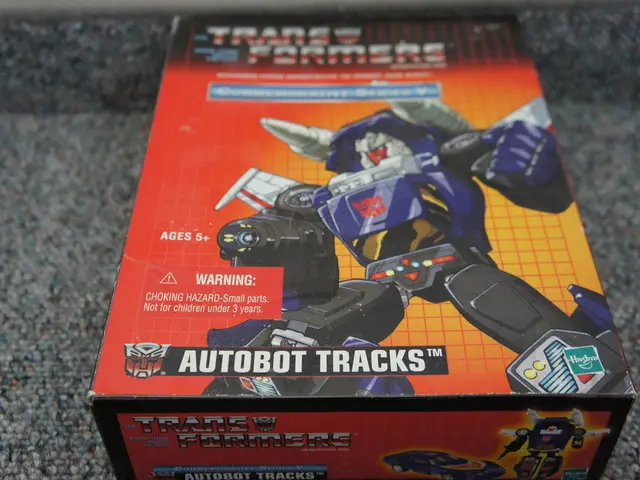Precision Agriculture Financing Surges 71% Over Agricultural Biotechnology, Marking a First Since 2017, According to Pitchbook
In the second quarter of 2025, the venture capital (VC) activity in the agtech sector saw a shift in focus towards precision agriculture startups. According to PitchBook, this sector, which encompasses drones and imagery analytics, robotics and smart field equipment, farm management software, and field Internet of Things (IoT), attracted $1.5 billion across 117 deals. This represents a 22.8% decline in value and a 22.9% decline in deal count compared to the previous quarter.
This shift is primarily driven by labor shortages and the need for immediate operational efficiency gains in agriculture. The aging farm workforce, combined with changing U.S. immigration and trade policies, has intensified labor shortages, creating a strong demand for technology solutions such as automation, robotics, AI-driven farm management software, and drones that can help mitigate these workforce constraints.
Investors express growing frustration with ag biotech startups due to a perceived gap between their high promises and the practical impacts realized so far. Precision ag technologies, on the other hand, deliver more tangible, near-term efficiency improvements, making them more attractive for venture capital in a tightening funding environment.
The benefits of precision agriculture become even more pronounced with advances in AI and robotics. As these technologies are increasingly applied to autonomous farm robots and smart field equipment, they reinforce investor interest in the sector.
PitchBook data shows that in Q2 2025, precision ag startups raised $580 million across 36 deals, a 71.2% increase from the previous quarter. This outpaced ag biotech startups which raised $270.6 million across 35 deals, a 72.5% decrease.
Notable precision ag startups that raised significant funding in Q2 include Muon Space, a drone/imagery analytics company based in California, which raised $146 million in Series B funding, and Quantum Systems, a drone/imagery analytics company based in Germany, which raised $178 million in Series C funding.
However, exits remain few and far between across all of agtech. John Deere's acquisition of aerial field-scouting platform Sentera and DeHaat's purchase of smart farming app NEERX bucked this trend.
PitchBook estimates that Q2 deal value and deal count will reach $1.8 billion and 140 deals, similar to quarterly averages in 2024 and 2023. The steady contraction in deal volume has persisted since the market's high in Q1 2022, indicating a cautious stance by investors that's been the norm for more than a year now.
Significant investment is expected to continue in the precision ag sector as advancements in AI filter down to agricultural applications. Investors are turning their attention to technologies addressing immediate challenges, such as labor shortages, and are drawn to AI-driven tools and platforms in agriculture.
[1] Labor challenges driving rise in funding for precision ag startups [2] Investors turning to precision agriculture amid labor shortages [3] Precision agriculture startups see surge in funding amid labor shortages [4] The rise of precision agriculture: A response to labor shortages and the need for immediate operational efficiency
- As labor shortages intensify, investors are demonstrating increased interest in precision agriculture startups, which provide technology solutions for operational efficiency, such as automation, robotics, AI-driven farm management software, and drones.
- The ongoing labor shortages in agriculture have fueled a surge in funding for precision agriculture startups, as investors turn to AI-driven tools and platforms in agriculture that can help mitigate these workforce constraints.




